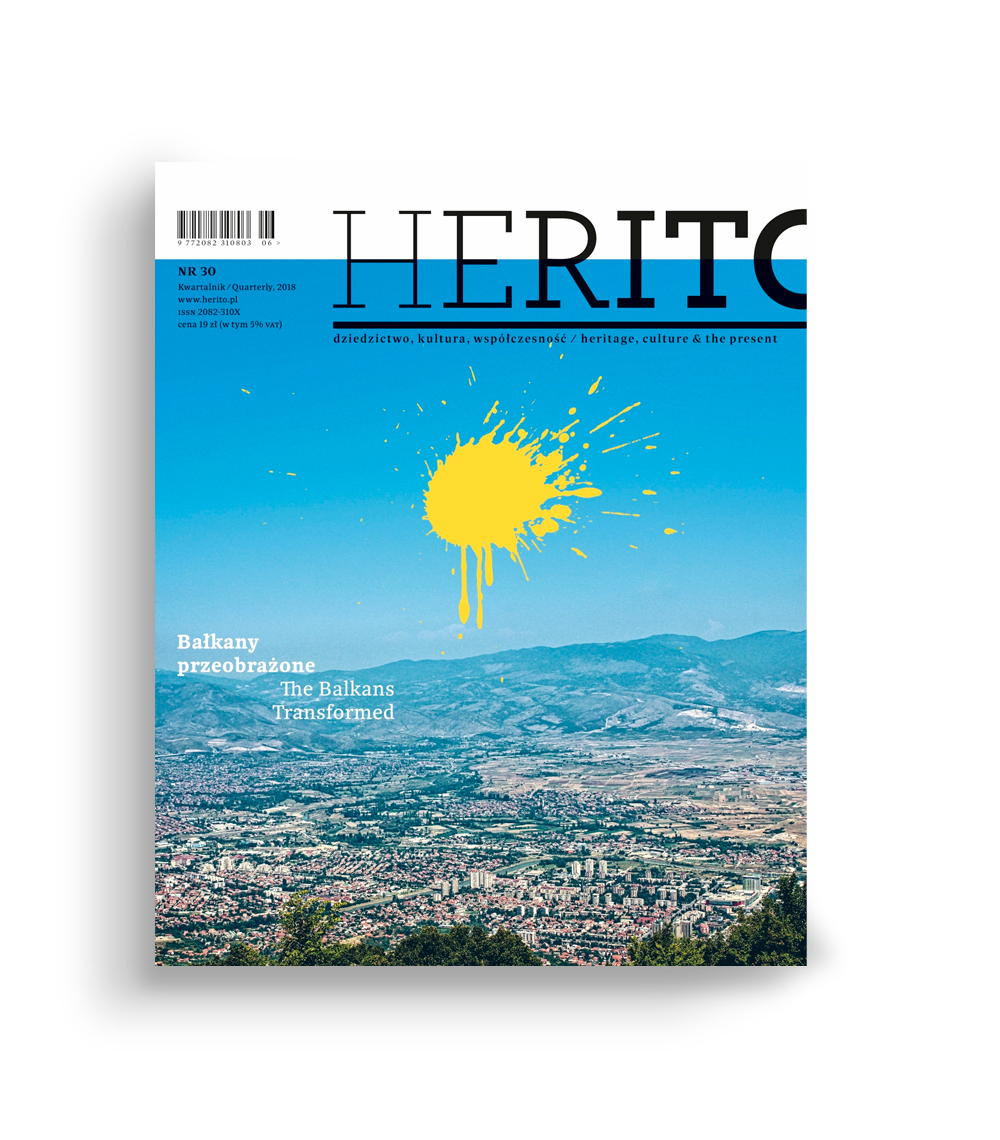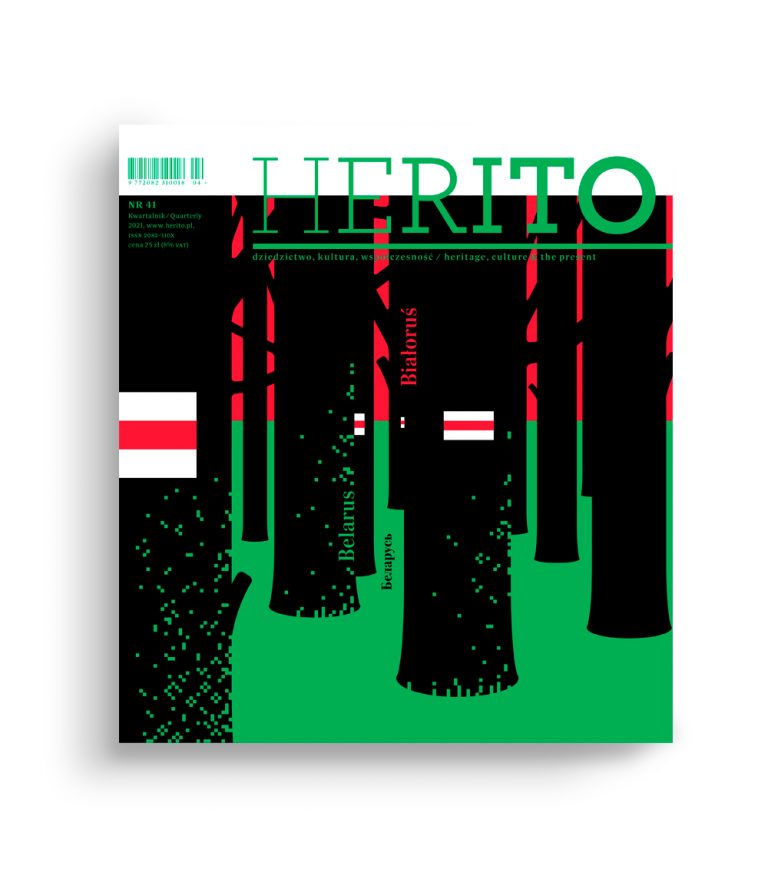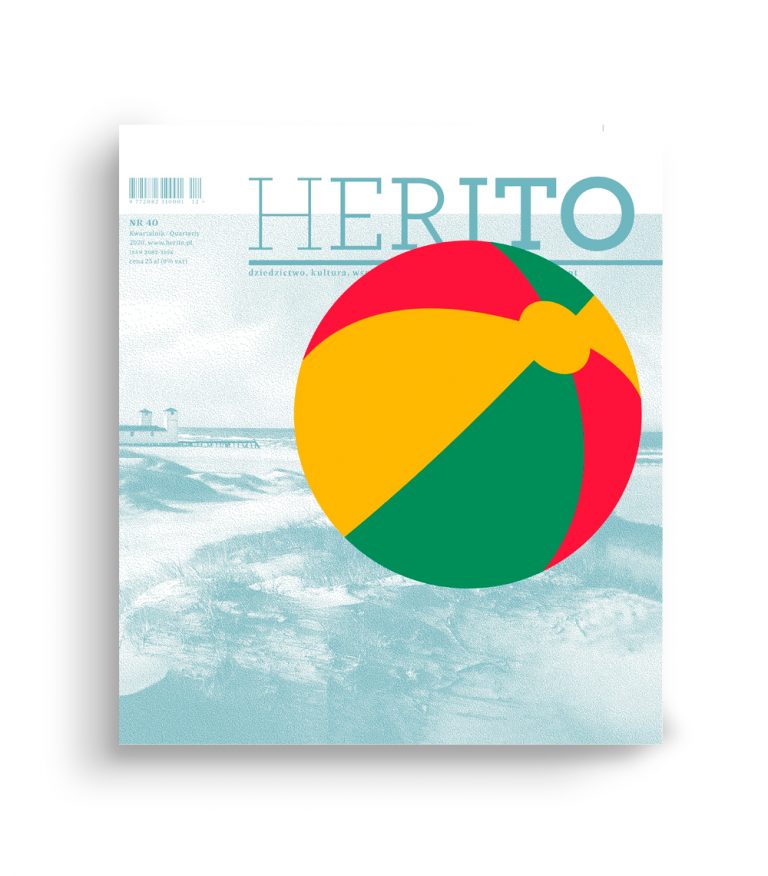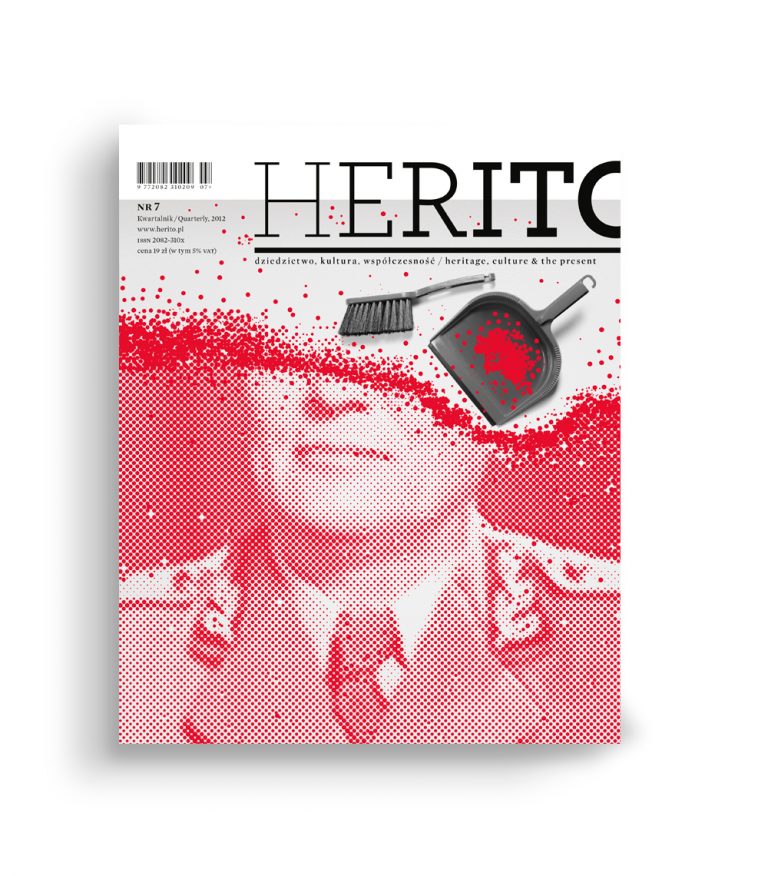Do the Balkans still have, as Churchill suggested, “more history than they can stomach”? Are they still the “European Orient”, or a noble buffer zone? What is the condition of literatures of Balkan “smaller languages” and wherein lie their hopes? Or perhaps the old Balkans are no longer there, while its nations are merely stronger or weaker narratives? These are among the leading questions posed in the 30th issue of “Herito” quarterly.
The Balkan region, as a cultural and historical palimpsest, is discussed by Robert Alagjozovski, the former minister of culture of Macedonia. Olimpia Dragouni analyses the history of Greek-Macedonian relations, Ivan Čolović examines the Balkan-related discourse, Rigels Halili tries to answer the question about the identity of present-day Albanians, Ewa Wróblewska-Trochimiuk investigates visualisations of Balkan trauma in contemporary art, Arian Leka considers why Albanian literature is becoming invisible, while Viktorija Aladžić describes the history of one of the most beautiful synagogues of Austria-Hungary in the Serbian city of Subotica.
Of special interest is Małgorzata Rejmer’s reportage about different faces of Tirana. Painful memories of the Balkans are discussed by Aleksandra Wojtaszek, who examines Kosovo’s Pristina and Mitrovica. The issue features also Ziemowit Szczerek’s account of his journey to Novi Pazar in Sandžak – a geographical and historical region bordering Serbia and Montenegro.
The new issue closes with an extensive excerpt from “Black Lamb and Grey Falcon” by Rebecca West (1892-1983) – an acclaimed British writer and journalist, described as „the best journalist in the world”, whose works have not been published in Polish before.






